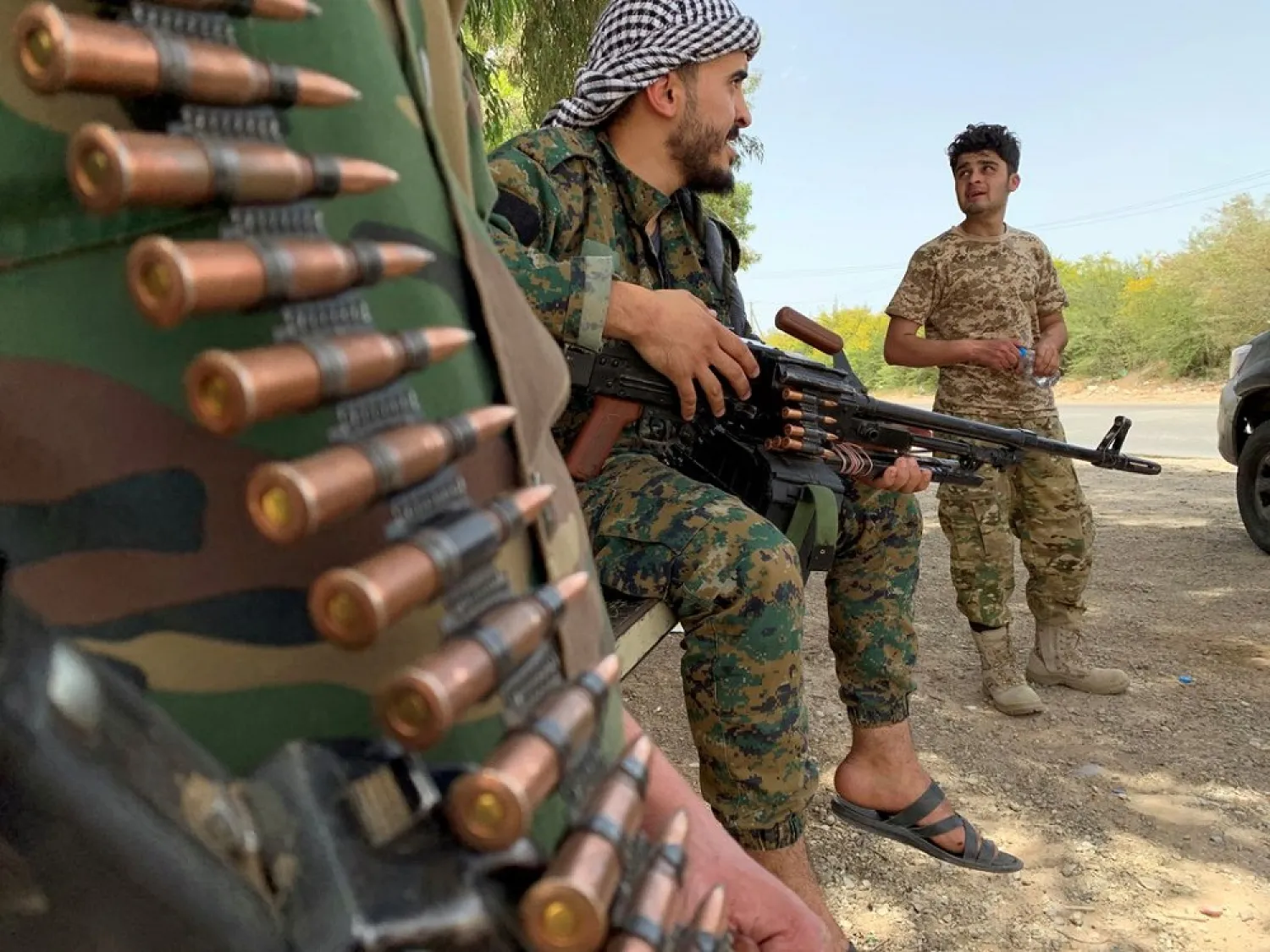The eastern side in Libya's conflict said on Friday it had agreed with its opponents on a plan for a phased withdrawal of foreign forces and mercenaries, but gave no details or timeline for a move seen as crucial to cementing a year-old ceasefire.
Mercenaries brought by the foreign powers involved in Libya, including Russia and Turkey, remain entrenched on both sides despite the ceasefire and a parallel political process aimed at resolving the decade-long crisis through elections.
Both those UN-backed efforts are seen as highly fragile, however, with a constant risk that the process could unravel.
An eastern military official said the joint committee meeting in Geneva had agreed on a "an action plan for the withdrawal of mercenaries and foreign forces in a gradual, balanced and simultaneous way."
The official added that international monitors and a monitoring mechanism were needed before any withdrawal could begin. Libyan Foreign Minister Najla Mangoush said on Sunday that a very modest number of mercenaries had already left.
Forces from western Libya involved in the talks were not immediately available to comment.
The committee was formed through a UN-backed ceasefire agreed last year that followed the collapse of eastern-based commander Khalifa Haftar's 14-month offensive against Tripoli.
In 2014, Libya split between western and eastern factions with rival administrations, but the latest UN-backed peace push led to the installation of a unity government in March.
Turkey supported the previous Tripoli-based government, which was recognized by the United Nations.
Foreign mercenaries from Russia's Wagner Group as well as from Syria, Chad and Sudan have been deployed on front lines. This week, UN human rights investigators linked mercenaries to possible war crimes.









